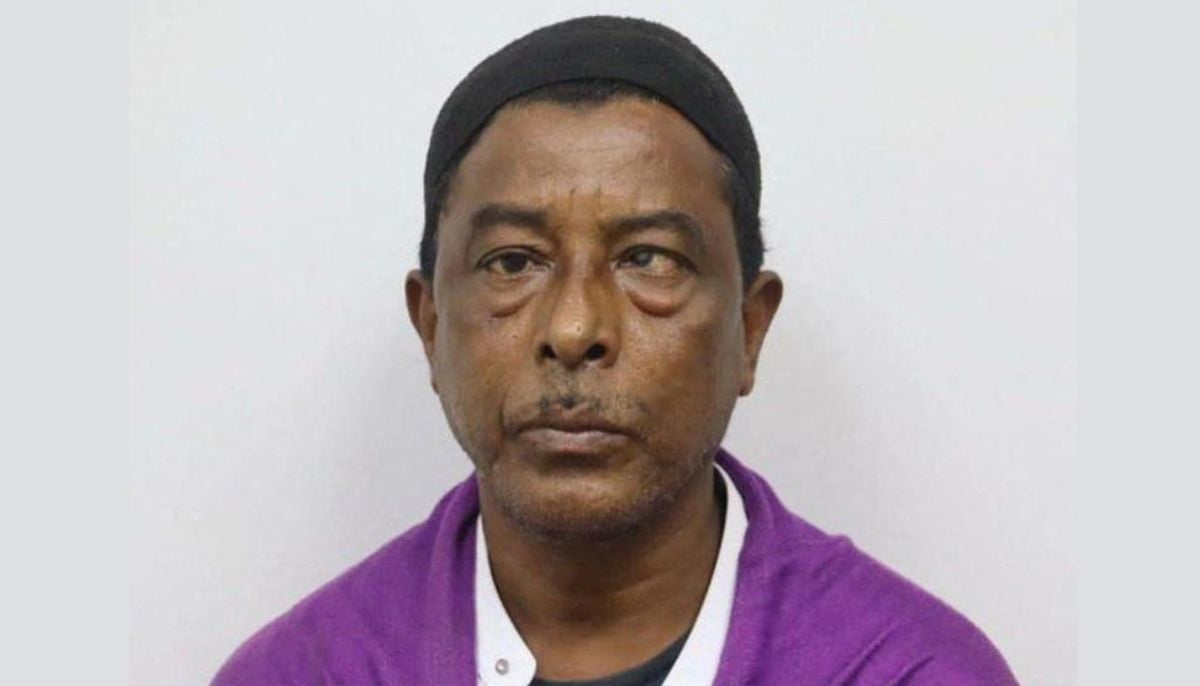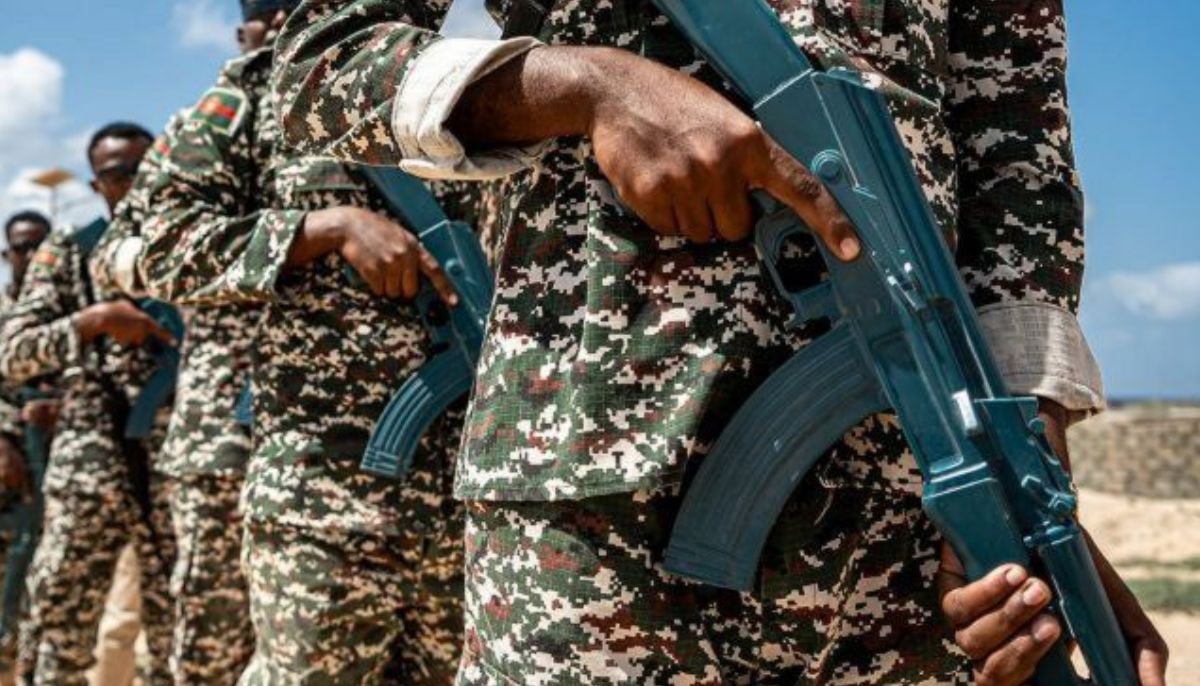China offers UN experts to visit Xinjiang vocational centers
“We will welcome any of the UN experts to visit Xinjiang to know the real situation and we hope their comments will be based on facts and ground realities,” Governor of Xinjiang, Shohrat Zakir said while talking to a group of foreign journalist who was flown to visit a few vocational education and training centers in southern parts of the region.
URUMQI (China): Governor of China’s Xinjiang Uygur Autonomous Region, Shohrat Zakir Sunday said that Xinjiang was an open region and welcomed relevant United Nations experts who wanted to visit the vocational education and training centers to know ground reality in an objective and fair manner.
“We will welcome any of the UN experts to visit Xinjiang to know the real situation and we hope their comments will be based on facts and ground realities,” he said while talking to a group of foreign journalist who was flown to visit a few vocational education and training centers in southern parts of Xinjiang.
Zakir, also deputy secretary of CPC Xinjiang Committee, said anyone who wanted to come could listen to the voice of a majority of people with an objective and fair manner and not to the individuals.
“We hope they will not damage our national interest and the national unity among the people seeking a wealthy and happy life,” he added.
He said the centers were set up to educate and transform the people influenced by the extremism in an effort to improve their job skills, ability to speak the country's common language and enhance a limited sense and knowledge of the law.
Explaining further, he said in the remote parts of the Xinjiang, the literacy level of people was relatively low and many of them even could not speak country’s common language and they also did not know about the current condition of the country as well as the world.
He said they had a limited sense of law and they were not aware of the use of law to protect their rights.
Some of the trainees were not aware that they would be punished if they committed the crime.
“We are teaching the national common language, law and regulations to aware them about the country and world as well as their legal rights, obligations, and duties”, he added.
Zakir said the objective of these vocational training was to impart them the education of technical skill enabling them to find jobs and set up small businesses and become a useful citizen.
“We hope the education and training will help them to integrate mainstream society and modern world and to quit extremist thoughts,” he added.
About the establishment of centers and number of trainees studying there, he said all the vocational education and training centers were set up in accordance with the law and regulations particularly framed for this purpose.
The number of students varied from a few hundred to one thousand in each center located in southern Xinjiang where almost every country had one training center while the northern parts of the province had no training centers.
He expressed the confidence that the trainees after completion of their training would go back to society and seek a healthy and happy life.
“We will provide them assistance to seek employment and help set up their own businesses,” he added.
The governor however, made it clear that all the criminals involved in big crimes particularly terrorist attacks against the innocent people would be severely punished in accordance with the law.
Responding to a question, he informed that the centers were providing free nutritious meals, free education, and dorms equipped with radio, television and sports facilities.
These centers had been set up for a specific period and the staff would be repatriated to their respective institutions after their closure.
During the visits to vocational education and training centers at Kashgar City, Moyu County and Hotan County in the southern parts of Xinjiang, a number of trainees said they were previously affected by extremist thought and had participated in such kinds of art and sports activities and now there were confident to start a practical life.
They said they were allowed to go to their homes and meet their family members once a week.
They were also allowed to talk to their parents and children on the telephone.
These students were also being imparted training of different skills including catering, house-keeping, stitching of clothes, painting, and farming etc.
CPEC
The governor assured his complete support to positively advance the China-Pakistan Economic Corridor (CPEC), a pilot project of Belt and Road Initiative (BRI).
“I believe that CPEC is a key part of the Belt and Road Initiative.
We will give full support to CPEC and we will positively advance this pilot project” he said while talking to APP correspondent.
Shohrat Zakir said that the CPEC was a very good initiative proposed by Chinese President Xi Jinping under his Belt and Road Initiative.
He expressed the confidence and the projects being completed under this pilot project would surely improve the trade and connectivity between China and Pakistan as well enhance trade and economic development of the countries along the route.
The CPEC is projected to link Kashgar in Xinjiang with Gwadar in Balochistan province and set to bring economic development and stability to the region.
-
Lux Pascal gushes over role in Tom Ford's 'Cry to Heaven': 'I just wanted to be part of this picture'
-
Near-blind refugee found dead in Buffalo after release by US Border Patrol
-
Kenyan man accused of recruiting men to fight in Ukraine
-
More Americans say they sympathise with Palestinians than Israelis, poll finds
-
Retired US fighter pilot arrested over alleged training of Chinese military
-
US military accidentally shoots down border protection drone with high-energy laser near Mexico border
-
Savannah Guthrie all set to make 'bravest move of all'
-
Hillary Clinton's photo with Jeffrey Epstein, Jay-Z and Diddy fact-checked











